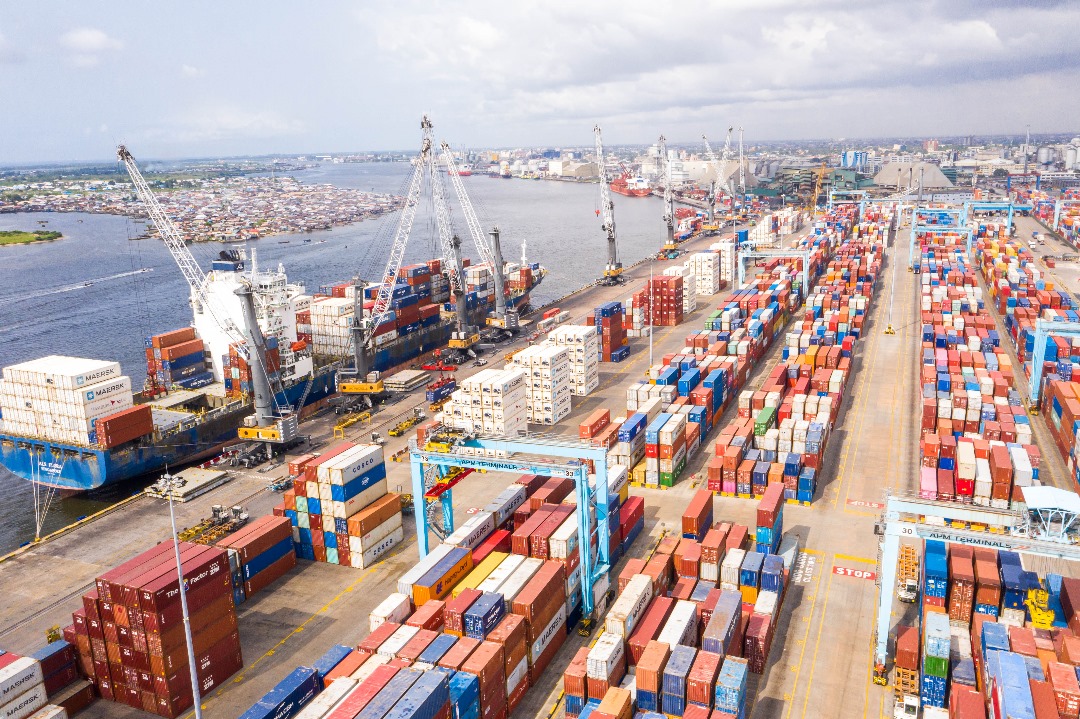APM Terminals Apapa has unveiled a one-year roadmap aimed at phasing out diesel in favour of gas, and ultimately solar and battery-powered solutions, as part of its broader ambition to fully decarbonise its operations. The announcement was made by Terminal Manager Steen Knudsen in a press statement issued on Friday.
Knudsen explained that the shift to cleaner energy will be gradual but deliberate, marking a significant step towards sustainable port operations in Nigeria.
He revealed that the company has already commissioned two new compressed natural gas (CNG) generators with a combined capacity of 4MW, significantly reducing its reliance on diesel.
According to Knudsen, the new generators will power the terminal’s reefer plugs, buildings, and lighting, in alignment with the Nigerian government’s commitment to promoting gas for electricity generation.
The transition to gas is only the beginning. Knudsen noted that in the coming six to twelve months, APM Terminals Apapa will implement an onsite solar power solution, expected to displace up to 30% of current power consumption and bolster the terminal’s self-sufficiency.
He emphasised the company’s global objective of achieving net zero emissions by 2040 through sustainable practices that improve operational efficiency while reducing environmental impact.
The Federal Government recently hosted a Decarbonisation Summit in early July, focusing on bridging the gaps in policy, financing, and technology needed to support the country’s transition to a low-carbon infrastructure. Against this backdrop, APM Terminals said its plans reflect a practical response to national and global climate goals.
Head of Procurement at APM Terminals Nigeria, Chinyere Adenaike, reiterated the terminal’s commitment to full electrification of equipment and exclusive use of renewable electricity.
She stressed that achieving net zero emissions requires strong collaboration between the private sector and government, as well as regulatory reforms and improved energy infrastructure. Adenaike noted ongoing engagements with key stakeholders including the Nigerian Ports Authority, Transmission Company of Nigeria, local distribution companies, and renewable energy developers to facilitate the transition.
She also highlighted Nigeria’s abundance of solar resources, making it an ideal location for large-scale photovoltaic and solar thermal projects. Adenaike affirmed APM Terminals’ commitment to harnessing this potential, with the goal of transforming its operations into a model of environmental sustainability.
